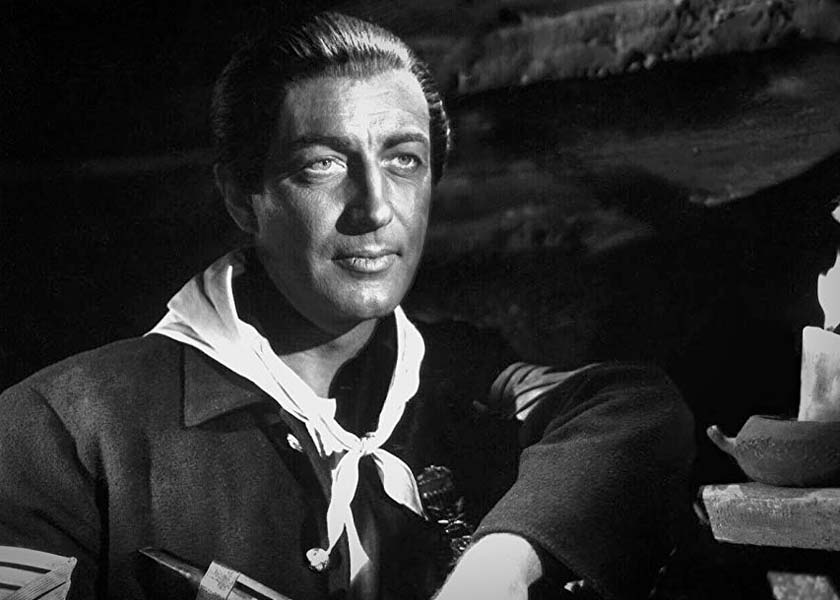Synopsis
Lance Pool (Taylor), a Shosone Indian, returns home from the Civil War with the rank of Sergeant in the US Cavalry and a Congressional Medal of Honor. For several generations, his family has lived and raised cattle in Sweet Water Valley, Wyoming. Conditions have changed since Lance left for the war. New settlers, including sheepmen, have moved into the area. Not only are many of these settlers antagonistic toward Native Americans occupying the land, but under the law of the new Wyoming Territory, Indian-occupied land is open to outside homesteading (converting open land to subsistence agriculture). However, when Lance attempts to homestead his land, he learns that the law prohibits homesteading by Indians. When sheepmen move onto his land, Lance and his fellow tribesman drive them off. The settlers return in force, and a battle ensues in which many on both sides are killed. Finally, the cavalry arrives to end the fighting. Lance and his compatriots know that they cannot keep their valley, their only recourse is to fight for it until they are dead.
Discussion
Anthony Mann's Devil's Doorway treats the conflict between American Indians and white settlers with a film noir sensibility. Shot in black and white by famed cinematographer John Alton, dark shadows fill the Lance's home and permeates his people's future. The mood is bleak and doom-laden. From the first scene, the film tracks to its inevitable conclusion the interaction between the Native Americans who occupy the land and the bigoted white newcomers who intend to live on it. Lance and his people, doomed from the outset, fight forces they cannot defeat, and die rather than surrender.
Devil's Doorway is a powerful statement about the tragic and shameful conflict between native populations and white settlers. Robert Taylor gives a characteristically forceful perfomance as Lance Pool, although white actors playing Native Americans, an accepted practice during the 1950s, is unacceptable now.
Anthony Mann made Devil's Doorway during a period of tremendous artistic success. In the late 1940s, he directed several classic noir films, with painterly deep-focus cinematography provided by John Alton, including T-Men (1947), Raw Deal (1948), He Walked by Night (1948), and Border Incident (1950). During the 1950s he directed eleven films starring James Stewart, including the immortal Westerns Winchester '73 (1950), Bend of the River (1952), The Naked Spur (1953), The Far Country (1954), and The Man from Laramie (1955). Alton won the Academy Award for Best Cinematography (along with Alfred Gilks) for An American in Paris (1951).

